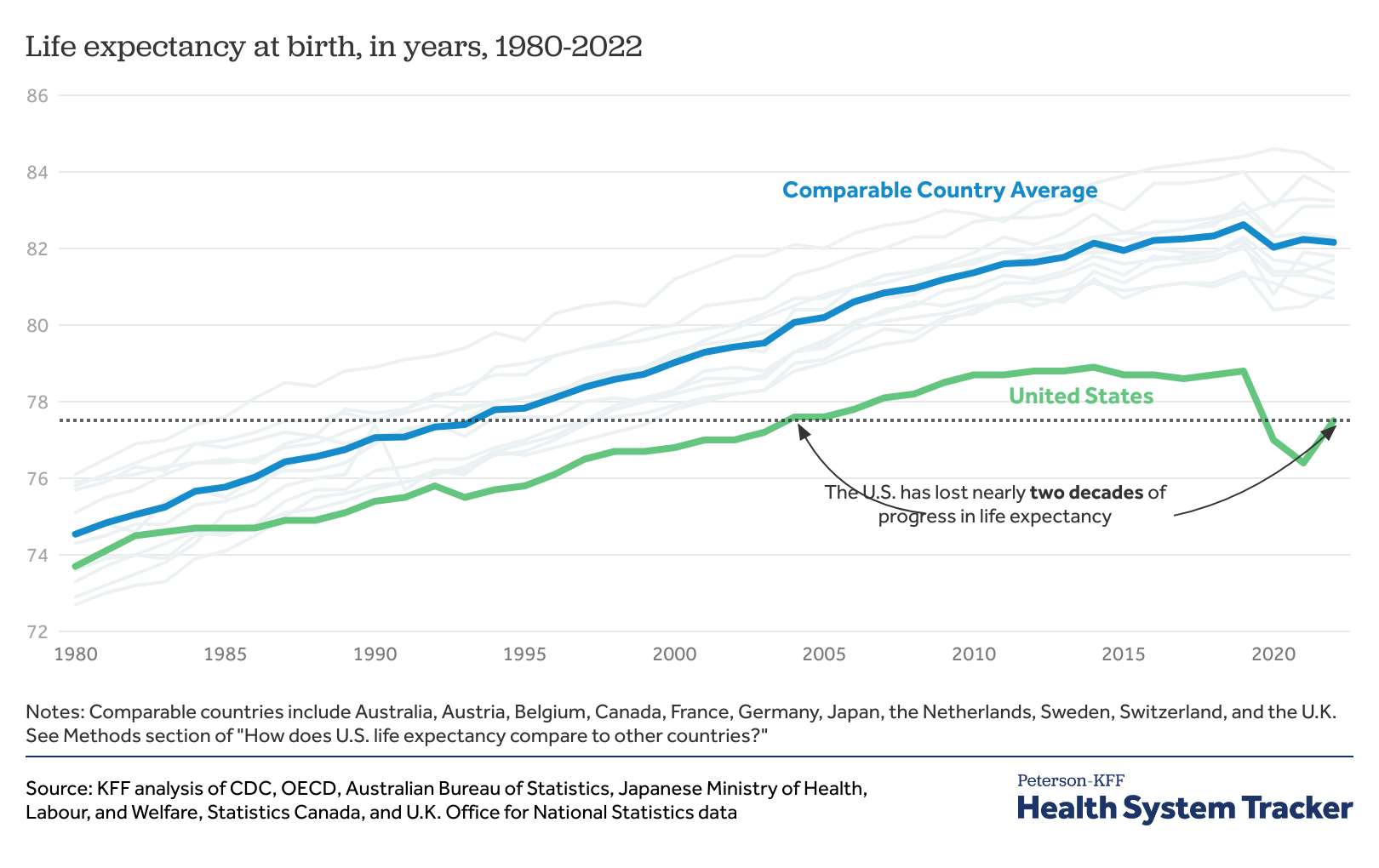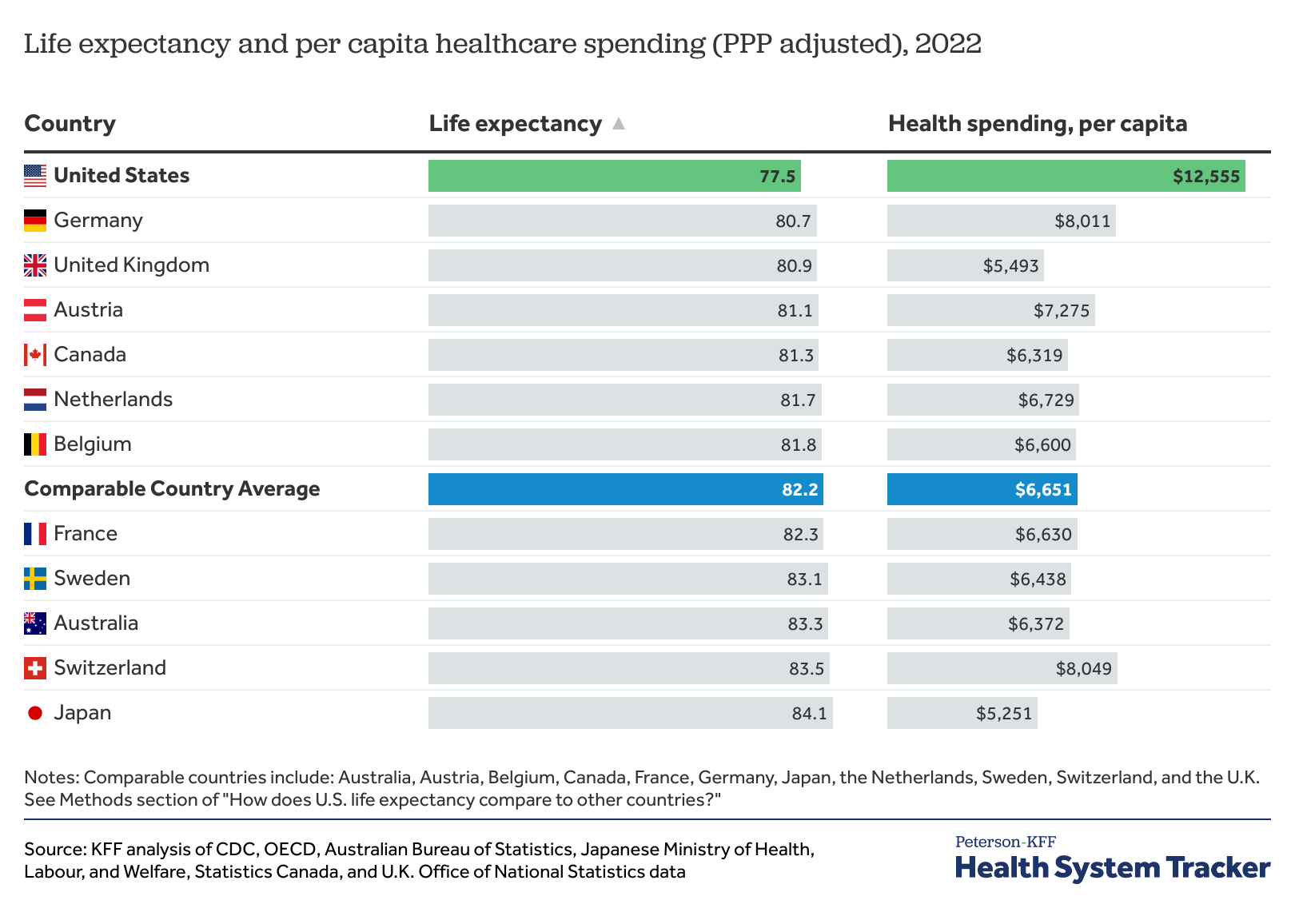|
Silicon Valley executives love making big promises about how the technologies they deploy will benefit the wider public. They were going to eliminate road deaths, revolutionize access to healthcare, improve the education system, and provide a whole range of other social advances over the past decade or so — none of which actually came to fruition. On so many issues, things actually went backward. Whether they really intended to realize those outcomes in the first place is open to debate, but it’s clear they have a misguided view of how to improve society for the vast majority of people who live in it. The problem with these tech solutions and the tech billionaires behind them came to mind recently as I reread a profile of Sam Altman written by Melia Russell and Julia Black for Business Insider in April 2023. In a section about the more fantastical ideas Altman pulled from science fiction stories, he told the journalists he’s not trying to achieve immortality, but rather wants to “give people another 10 years of healthy, vigorous life.” He sees his work on artificial intelligence as being central to that goal, but it doesn’t end there. He’s invested in an embryo-screening company, another seeking to use a mix of saltwater and a protein made by the liver to reverse signs of aging, and paid to have his brain frozen in the hopes it can eventually be uploaded to a computer. He also engages in “biohacking” to maximize his productivity. Those potential solutions might not be as revolting as Peter Thiel’s plan to have himself pumped full of teenagers’ blood, but they show a clear bias in how that supposed goal is to be achieved: through technological intervention in human biology, not by improving the collective conditions of human life. If he was serious about wanting to extend people’s lifespans by 10 years, he wouldn’t be looking at sci-fi fantasies, but at the policies that can deliver those benefits and how to get the US political system to move them forward.
Disconnect relies on the support of readers like you. Become a paid subscriber today!
How US life expectancy fell behindIn 1980, Americans had a similar life expectancy and spent only slightly more per person on healthcare than high-income peer countries, but when you fast forward a few decades, it’s clear the United States hasn’t kept up at all. Even though US healthcare spending is well above other wealthy nations, the life expectancy of its citizens in 2022 was 77.5 years, compared to an average of 82.2 years in comparable countries. That’s a significant gap.  A couple years ago, US life expectancy fell below that of Cuba — a much poorer nation it has been strangling economically for 60 years. Similarly, the United Kingdom has fallen behind the United States economically after more than a decade of self-imposed austerity, but even then the Financial Times reported last year that the residents of Blackpool, the town with the lowest life expectancy in the entire country, lived as long as the average American. The poorest Blackpool residents live five years longer than the poorest Americans, but looking at the United States itself is where those inequities really stand out. While the United States as a whole has a much shorter life expectancy than other countries, the disparities are enormous within its own borders. A study published in the Journal of the American Medical Association in 2016 found that the richest 1% of men lived an average of 14.6 years longer than the poorest 1% of men, while for women the difference was 10.1 years. Over the previous 15 years, the life expectancy of the richest 5% had increased by 2.34 years for men and 2.91 years for women, while the poorest were living only 0.32 and 0.04 years longer for men and women respectively. In short, not only was there a huge gap, but the rich were seeing their lives get longer while the poor were not — and that was before the big plunge experienced in the two years after the Covid-19 pandemic hit.  There are many reasons for that huge disparity, including everything from the opioid epidemic and poor access to healthcare to the number of people —particularly children — killed by guns and in fatal car crashes. But at its core are the staggering levels of inequality in US society and the social consequences that accompany poverty and an economically precarious life. Notably, none of these problems are technological in nature. No tech company is going to roll out some new digital service or AI-powered platform that is going to make any significant dent in the factors that are causing such a disparity in the number of years poor and rich Americans — or Americans and citizens of other countries — actually live. A selfish billionaire’s questThe contrast between Altman’s supposed goal of making sure people can live another 10 healthy years and the reality of what he’s doing particularly stood out to me after seeing some recent interviews with US Senator Bernie Sanders, where he’s been hammering on that point. It’s not just that the United States is very economically unequal, but one of the consequences of that is that the rich live, on average, 10 to 15 years longer than the poor. Given how precious our time is, and how most everyone would like to be able to spend more time with their loved ones and doing the things they enjoy, that’s a pretty significant gap that anyone who claims to care about humanity should want to see closed as quickly as possible — not just in the United States, but around the entire world. Yet, these billionaires in Silicon Valley, many of whom want us to believe they’re on our side, have no real interest in the policies and political action that would be necessary to close that gap. Instead, they want to hoard as much wealth as possible so they can pretend they’re building the sci-fi visions they spent their youths reading about. Silicon Valley claims we can solve these serious social problems through technological innovation. On its face, that might seem to make sense. We can see many examples through history where the rollout of new technologies has improved our quality of life and increased our lifespans. But when tech billionaires use that term, they actually means letting VC-funded tech companies deploy whatever they want on an unsuspecting public with little regulation and no threat of accountability when things go wrong. What Sam Altman really wants is not to extend everyone’s lives by 10 healthy years, but to extend his own life expectancy — and that of those in his wealthy circle — so they can spend a little longer enjoying the wealth they’ve hoarded and wielding the power they’ve accrued. During that time, they’ll continue fighting any attempt by government and the wider public to rein in their power and increase their taxes to pay for the services that could help improve the lives and extend the lifespans of everyone else.
Disconnect relies on the support of readers like you. Become a paid subscriber today!
|